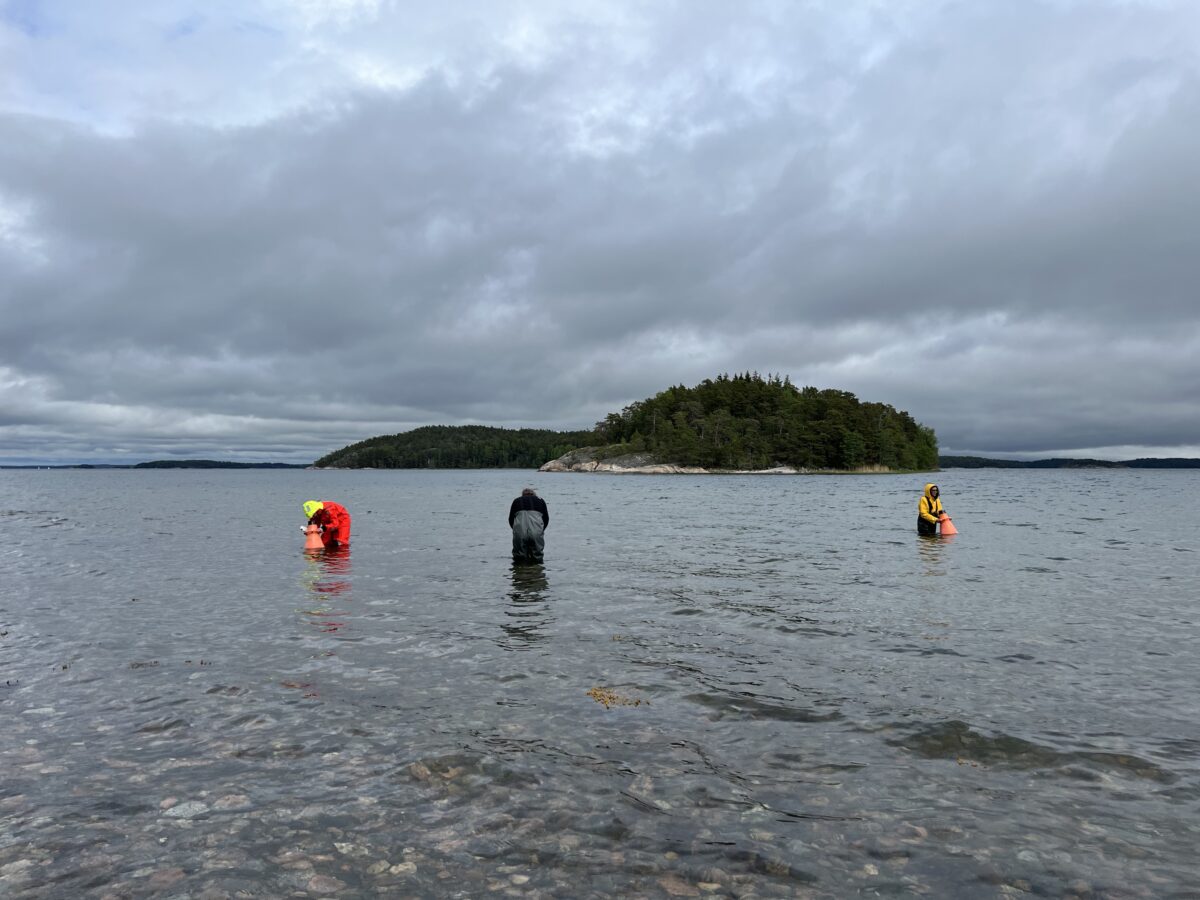Symposium: Undisciplinary Institute of Art and Ecology
Mon-Tue 5-6.5.2025
at 18.00-20.30
Jokistudio, Tehdasteatteri
(Itäinen Rantakatu 64 B,Turku)
Two-day symposium invites together practitioners of art and science to share thoughts on site-sensitive fieldwork. The symposium conversations grow out of eight years of collaborations between curator Taru Elfving and artist Lotta Petronella with the scientists at the Archipelago Research Institute addressing the intricately interwoven ecological and biopolitical histories as they manifest in the present on the island of Seili and gesture towards possible futures, across various temporal and geographical scales.
The symposium is organised as part of the launch activities of the Undisciplinary Institute of Art and Ecology, a new initiative by CAA Contemporary Art Archipelago, which sets out to imagine and institute into being a speculative support structure for collaborative enquiries situated in between existing institutional and disciplinary frameworks. In the face of the multitude of spectres of unsustainability that haunt the structures, methodologies, systems of value, and professional identities in the fields of art and science, the very foundations of the fields and their disciplinary formations come into question. What could it mean, in practice, to undiscipline our practices and institutions?
The first phase of the Undisciplinary Institute of Art and Ecology focuses on site-sensitive fieldwork as practices that not only labour out in the field of study, but simultaneously rework their own field. What might site-sensitivity rather than site-specificity mean as a critical, ethical and aesthetic commitment in fieldwork? Sensitivity shifts emphasis from the objects or sites of attention to the practices of engagement, to perceptiveness rather than perception. It encourages sensing the way before any attempts at making sense. Sensing implies figuring out how to request permission, what guidance to look for, who makes meaning and has stories to tell, how the senses of the place can be shared, and what might the impacts of my landing on a site be. It is not up to a human individual alone to determine these specificities and their timelines, means or ends. Rather, site-sensitivity calls for attentiveness to all the human and more-than-human communities, who were already on-site and who will bear the consequences of our actions. It demands acknowledgement that sites also affect us, and when becoming sensitised our practices need to be adjusted and realigned accordingly.
The symposium is free and open to the public, no registration required. The presentations and conversations will be in English and Finnish, translation is provided as needed.
Monday 5th May
18.00-20.30
Biologist Jasmin Inkinen (Archipelago Research Institute, University of Turku) shares her ongoing work with plants in Seili, realised as part of Själö Poiesis in collaboration with Lotta Petronella. Artist, professor Lucy Davis (Aalto University) presents her long-term, collaborative and transdisciplinary project Migrant Ecologies. Curator Taru Elfving (CAA Contemporary Art Archipelago) will introduce the Undisciplinary Institute of Art and Ecology and moderate the discussion.
Tuesday 6th May
18.00-20.30
Marine biologist, professor emeritus Ilppo Vuorinen (Archipelago Research Institute, University of Turku) joins the conversation with Taru Elfving and Lotta Petronella (CAA Contemporary Art Archipelago) on long-term fieldwork, the significance of tacit knowledge, and the changing relationship between the scientist and the researched species.
